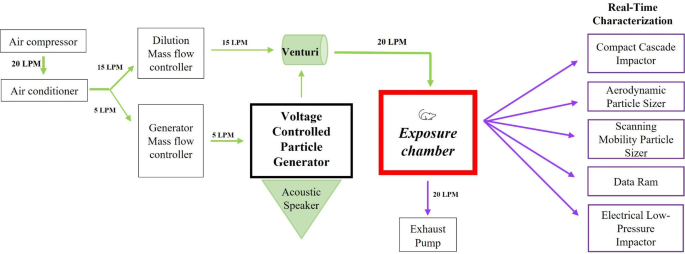2023-04-25 ワシントン大学セントルイス校
研究者たちは、身体の反応に体内の物理的な変化などが起こる24時間周期の自然な循環である“循環リズム”がワクチンへの反応に影響を与えると考えている。研究は、米国の『The Journal of Clinical Investigation』で4月25日に発表された。
<関連情報>
- https://source.wustl.edu/2023/04/covid-19-vaccine-appears-more-effective-if-received-around-midday/
- https://medicine.wustl.edu/news/covid-19-vaccine-appears-more-effective-if-received-around-midday/
- https://www.jci.org/articles/view/167339
150万人の患者を対象とした観察コホート研究において、COVID-19ワクチンの有効性に生物学的なリズムがあることが判明 Biological rhythms in COVID-19 vaccine effectiveness in an observational cohort study of 1.5 million patients
Guy Hazan, Or A. Duek, Hillel Alapi, Huram Mok, Alexander T. Ganninger, Elaine M. Ostendorf, Carrie Gierasch, Gabriel Chodick, David Greenberg and Jeffrey A. Haspel
The Journal of Clinical Investigation Published April 25, 2023
DOI:https://doi.org/10.1172/JCI167339

Abstract
BACKGOUND. Basic immune processes exhibit circadian rhythms, but it is unclear if rhythms exist in clinical endpoints like vaccine protection. Here, we examined associations between Coronavirus Infectious Disease 2019 (COVID-19) vaccination timing and effectiveness.
METHODS. We retrospectively analyzed a large Israeli cohort with timestamped COVID-19 vaccinations (n=1,515,754 patients over 12 years-old, 99.2% receiving BNT162b2). Endpoints included COVID-19 breakthrough infection, COVID-19 associated emergency department (ED) visits, and hospitalizations. Our main comparison was between patients vaccinated during morning (8:00-11:59), afternoon (12:00-15:59), or evening hours (16:00-19:59). We employed Cox regression to adjust for differences in age, sex, and co-morbidities.
RESULTS. Breakthrough infections differed based on vaccination time, with lowest rates associated with late morning to early afternoon, and highest rates with evening vaccination. Vaccination timing remained significant after adjustment for patient age, sex, and co-morbidities. Results were consistent in patients who received the basic two-dose series and who received booster doses. The relationship between COVID-19 immunization time and breakthrough infections was sinusoidal, consistent with a biological rhythm that modifies vaccine effectiveness by 8.6-25%. The benefits of daytime vaccination were concentrated in younger (<20 years old) and older patients (>50 years old). COVID-19 related hospitalizations varied significantly with the timing of the second booster dose, an intervention reserved for older and immunosuppressed patients (HR=0.64 morning vs. evening, 0.43-0.97 95% CI, p=0.038).
CONCLUSION. We report a significant association between the time of COVID-19 vaccination and its effectiveness. This has implications for mass vaccination programs.
FUNDING. National Institutes of Health.


